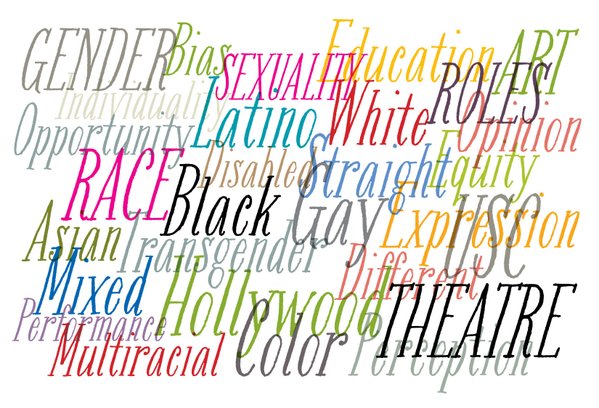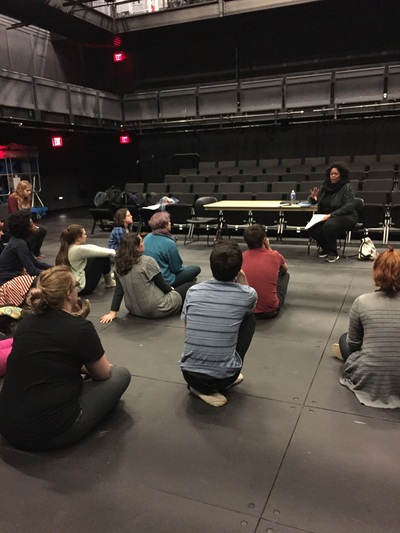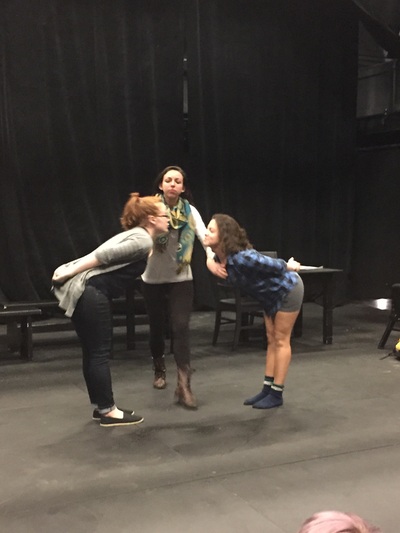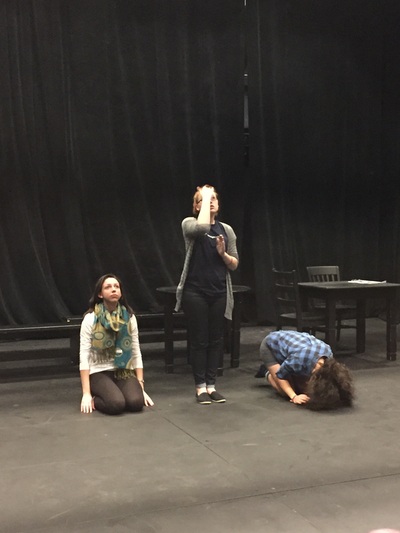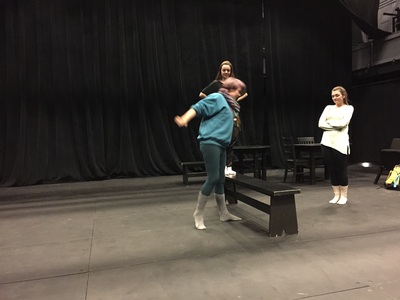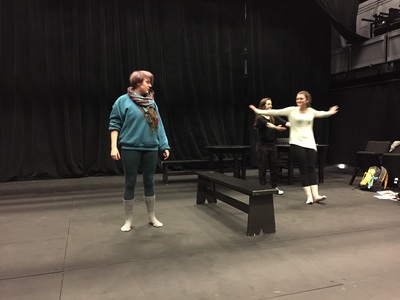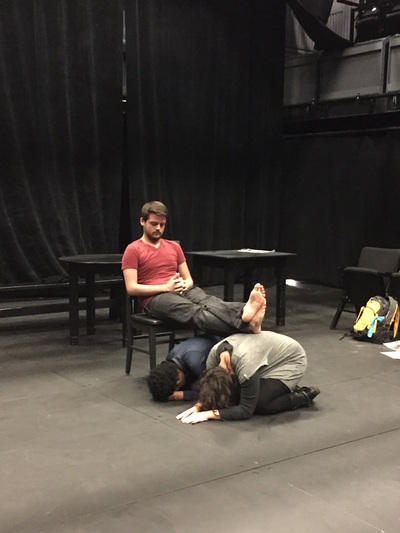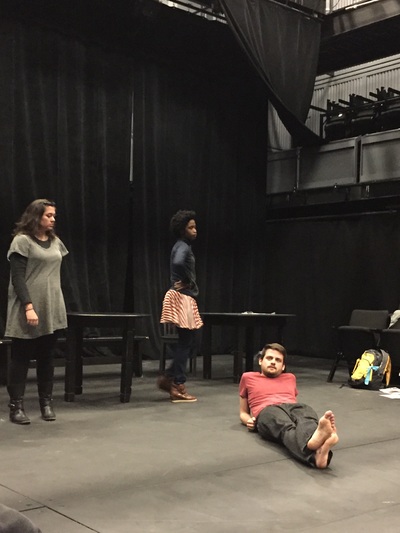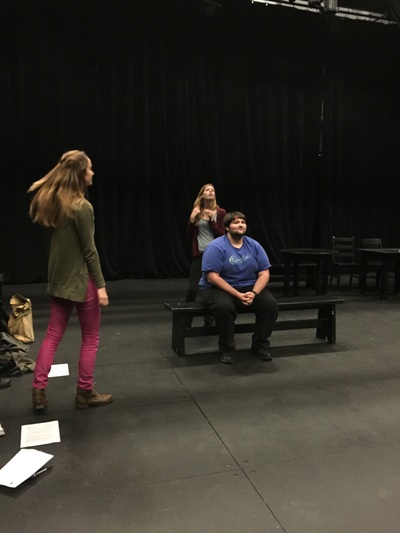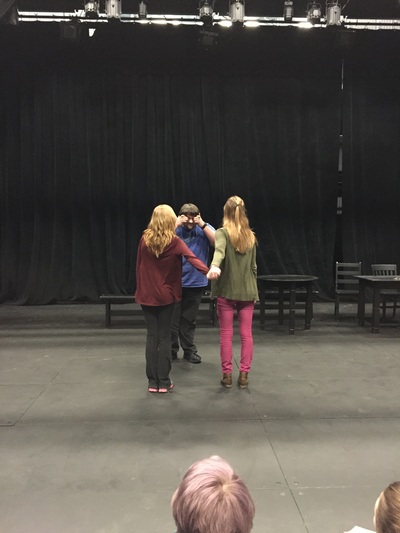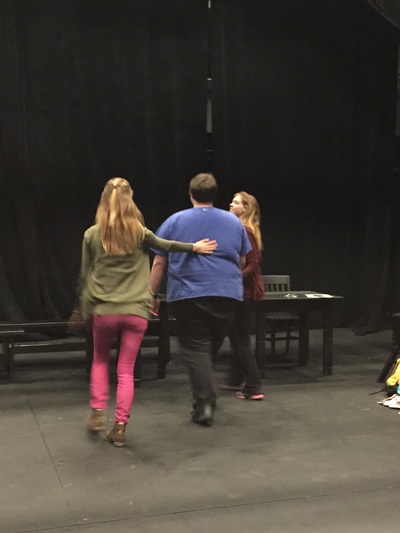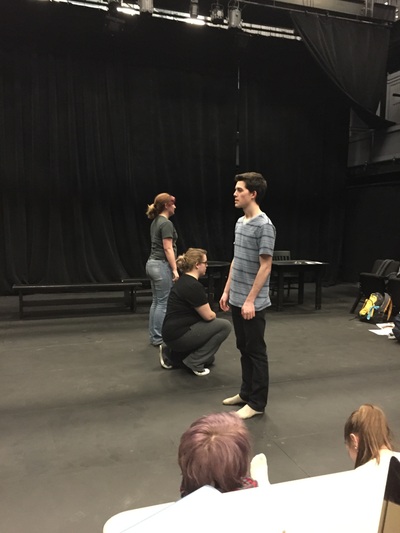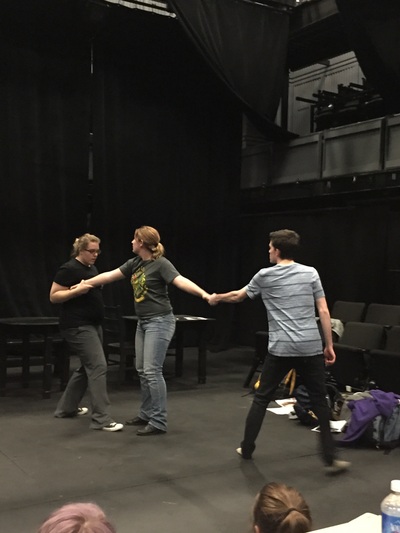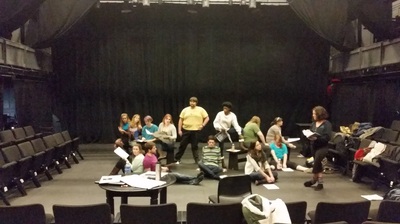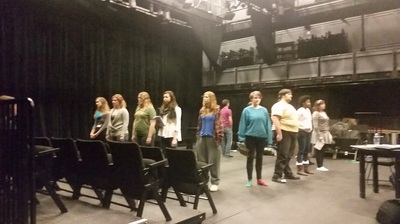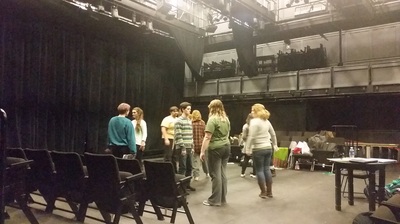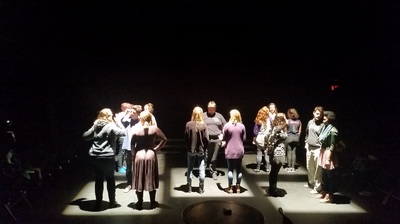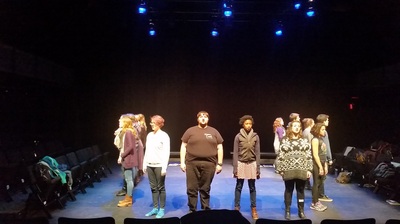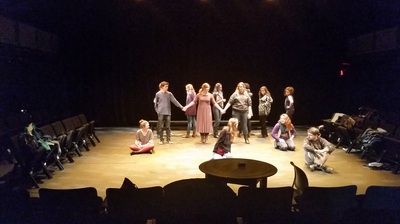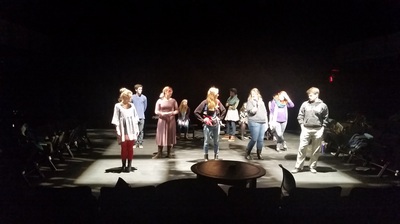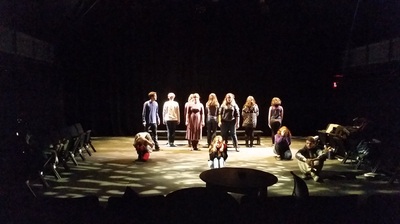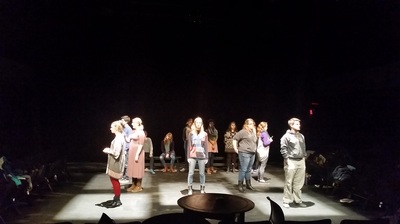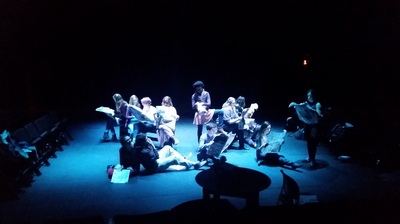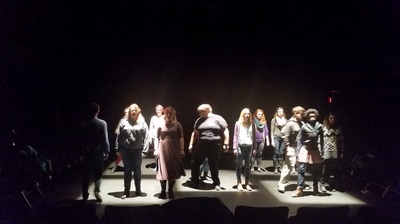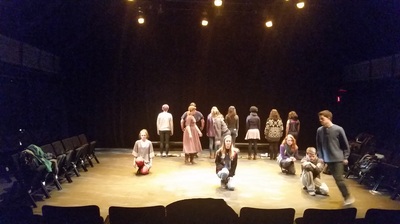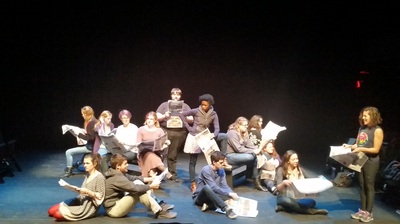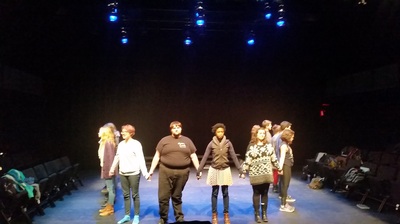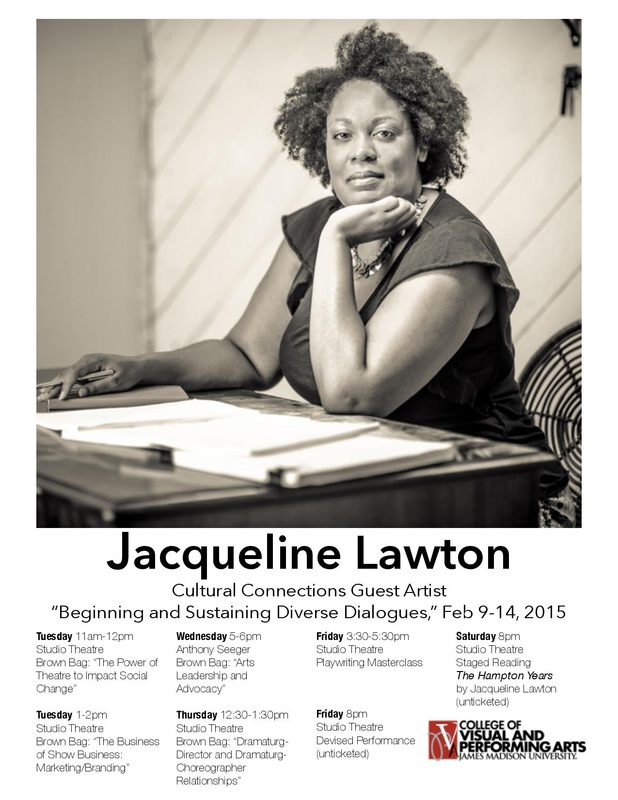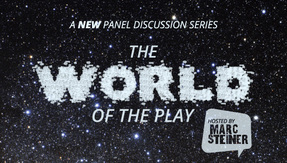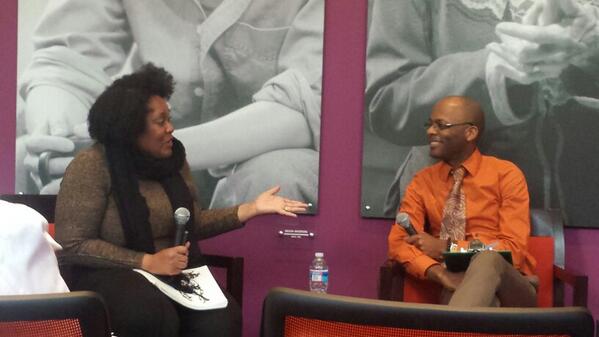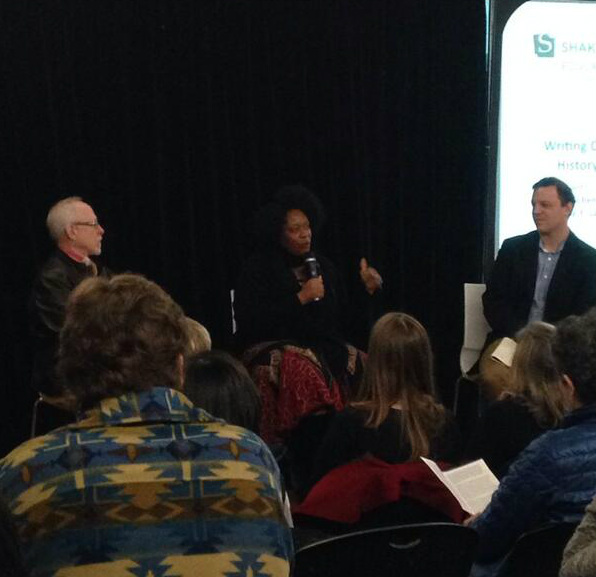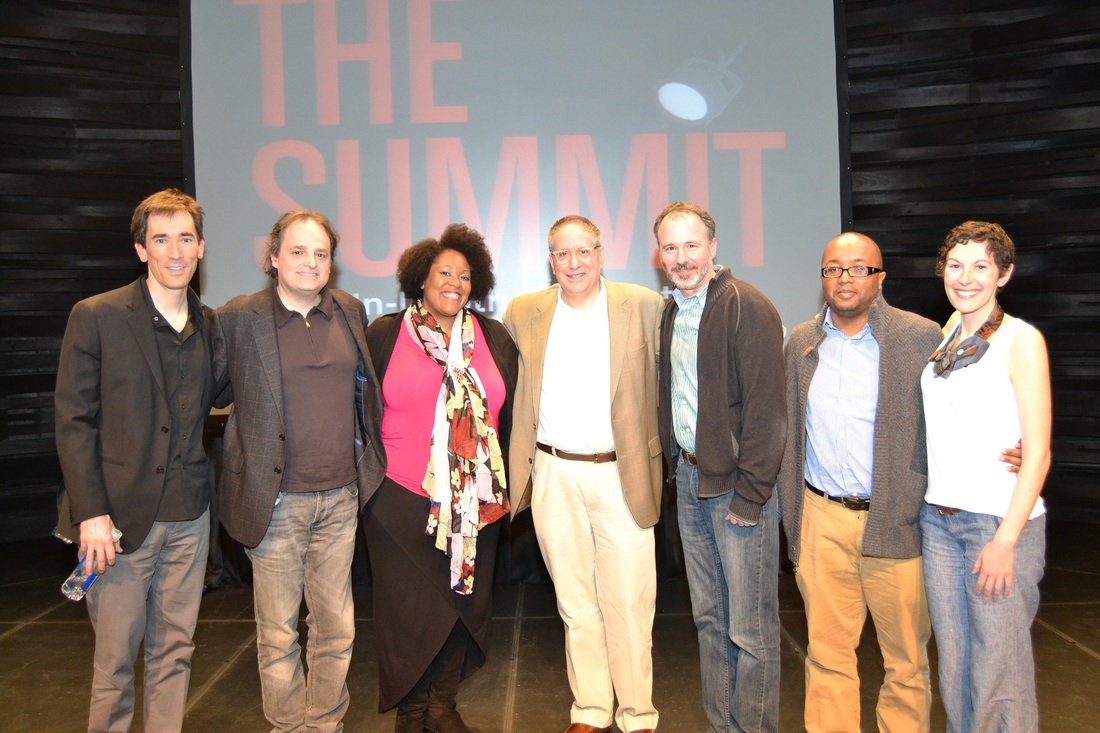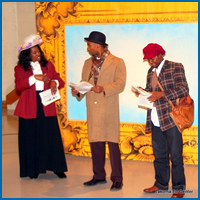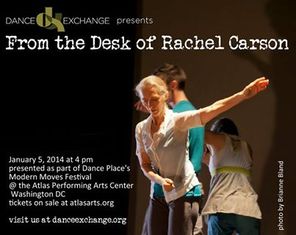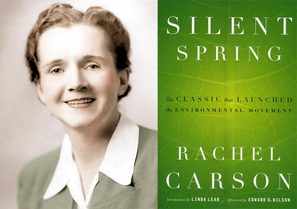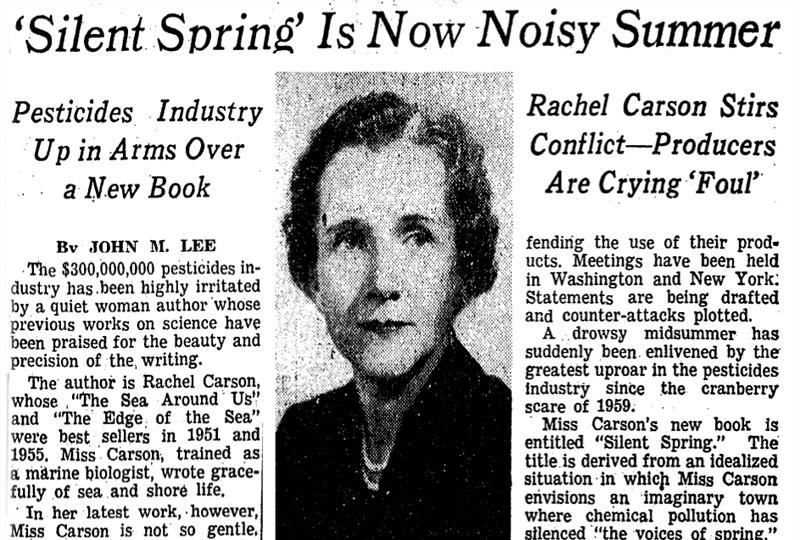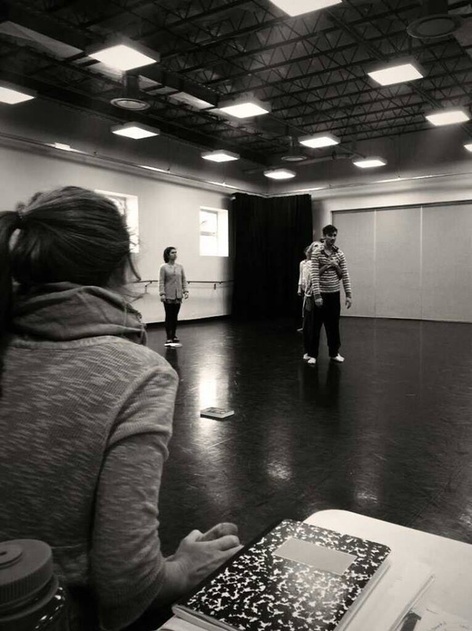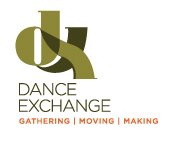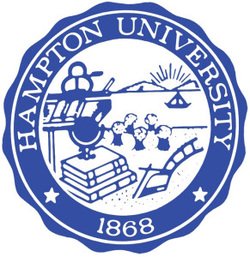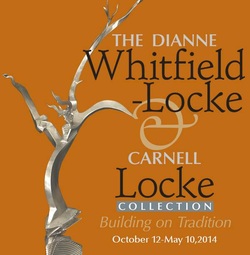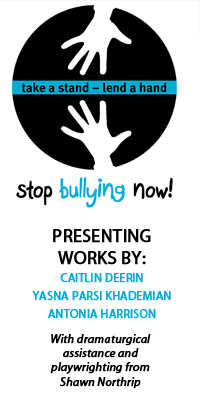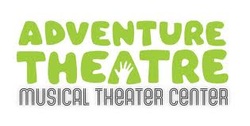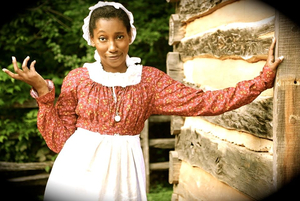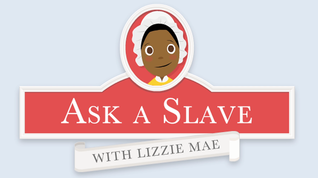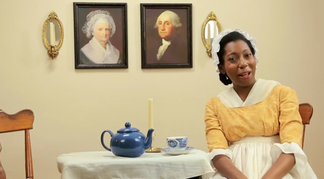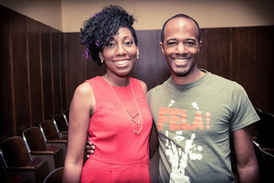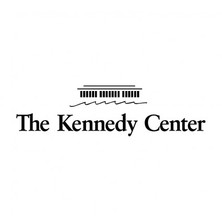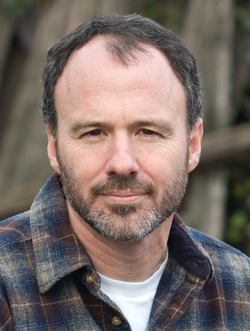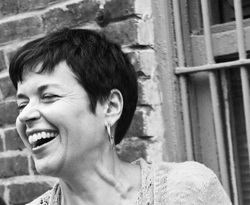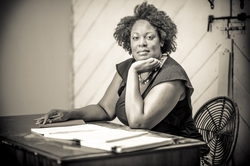|
I'm heading to L.A. tomorrow to engage the faculty, staff and students at the University of Southern California's School of Dramatic Arts in a series of conversations around diversity, inclusion, race, gender, culture and identity. This weekend of events will include interactive workshops, panel discussions and performances and serves as a catalyst to spark a series of conversations and strategies to cultivate and sustain an artistic, innovative and inclusive environment that reflects the evolving communities of the 21st century. If you're in town, I hope you'll be able to join us! Friday, November 13, 2015 12:00–1:30 p.m. Breakout conversations for the Faculty and Staff of the USC School of Dramatic Arts Location: Massman Theatre in the Drama Center (DRC) Noted playwright, dramaturg, scholar and arts advocate, Jacqueline E. Lawton will facilitate breakout conversations with USC School of Dramatic Arts faculty and staff. 1:30–3:00 p.m. Breakout conversations for the Students of the USC School of Dramatic Arts Location: Massman Theatre in the Drama Center (DRC) Noted playwright, dramaturg, scholar and arts advocate, Jacqueline E. Lawton will facilitate breakout conversations with USC School of Dramatic Arts students. 3:00–4:30 p.m. Breakout conversations for Students of Color of the USC School of Dramatic Arts Location: Massman Theatre in the Drama Center (DRC) Noted playwright, dramaturg, scholar and arts advocate, Jacqueline E. Lawton will facilitate breakout conversations with USC School of Dramatic Arts students of color. 6:00-7:30 p.m. An Evening with Alexandra Billings [OPEN TO ALL] Location: Grace Ford Salvatori Hall, Room 106 SDA faculty member Debra De Liso facilitates a Q&A with actress and trans activist, Alexandra Billings (Transparent). Saturday, November 14, 2015 9 a.m.–10:00 a.m. Student Presentations and Film Screening [OPEN TO ALL] Location: McClintock Building, Room 108 Students of SDA will share artistic work based on the themes of diversity and inclusion. Facilitated by Jonathan Muñoz-Proulx (Founding Artistic Director, Arts Bottega, and Vice Chair, Alliance of Los Angeles Playwrights). A screening of Still A Rose, starring SDA alum Troian Bellisario, with special guests, filmmakers Kyle Hasday and Matt Stewart. 10:00–11:00 a.m. Cultivating Multiracial Identity [OPEN TO ALL] Location: McClintock Building, Room 109 An interactive workshop on Cultivating Multiracial Identity, facilitated by Farzana Nayani, a multi-ethnic parent, educator and Advisory Board Member for Multiracial Americans of Southern California. 11:00 a.m.–12:00 p.m. Gender Equity [OPEN TO ALL] Location: McClintock Building, Room 109 Playwrights Paula Cizmar, Julie Taiwo Oni, Jacqueline E. Lawton, Nahal Navidar and more, lead interactive discussions around issues of gender equity in the theatre. Moderated by SDA faculty member Melinda C. Finberg. 1:00-2:30 p.m. Art and Social Activism [OPEN TO ALL] Location: McClintock Building, Room 109 SDA faculty member Rob Adler will lead a workshop on the ability of artists to affect social change. It will inspire critical reflection, community connection and deep dialogue. 2:30–4:00 p.m. Diversity in Hollywood Panel [OPEN TO ALL] Location: McClintock Building, Room 109 Panelists to include William Allen Young (Code Black), Anthony Sparks (writer on NBC’s The Blacklist and professor at Cal State Fullerton), Marlene Forte (The Fosters, Dallas), Brandon Bell (Dear White People) and Stephanie Drake (Mad Men). 4:00-5:00 p.m. A Conversation with Wren T. Brown [OPEN TO ALL] Location: McClintock Building, Room 109 A dialogue on diversity and inclusion in the dramatic arts with Founder/Producer of Ebony Repertory Theatre, Wren T. Brown. Moderated by SDA faculty member Anita Dashiell-Sparks, who serves as the School’s Diversity Liaison. Monday, November 16, 2015 6:00–7:50 p.m. School of Dramatic Arts Diversity and Inclusion Forum for all SDA students, faculty and staff Location: Taper Hall of Humanities, Room 101 Facilitated by Jacqueline E. Lawton. 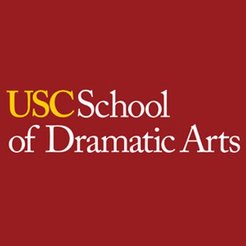 Located in Los Angeles, a city synonymous with artistic innovation and excellence, the top-ranked USC School of Dramatic Arts is a leader in dramatic arts education. The School uniquely blends artistic training in a conservatory environment with outstanding faculty and the full academic experience found only within a major research university. This close-knit, supportive environment offers students the freedom to explore their artistic passions. Through programs of the highest caliber, as well as initiatives that provide access to professional experience, students are prepared for leadership in every facet of dramatic arts. The School’s active production program (more than 20 shows annually) utilizes four theatre facilities, including Bing Theatre, Scene Dock Theatre, McClintock Theatre, and Massman Theatre located in the Drama Center. The School encourages students to gain professional experience and academic credit through internships and has created partnerships with many professional companies, including Center Theatre Group, one of the country’s leading theatre organizations, that offers internships ranging from Audience Development, Management, Casting, Marketing, Costume Shop, Press, Development to Finance and Production. The School also attracts a wide range of guest speakers and lecturers, including some of the most distinguished talents from stage, screen and television. Our graduate programs in Acting and Dramatic Writing are both intensive, three-year programs taught by a faculty comprised of theatre professionals working at the highest level of the industry. The location of the campus, literally in the center of the entertainment industry, makes the School of Dramatic Arts distinctive among colleges and universities in the United States.
0 Comments
 It's hard to believe that my residency at JMU is coming to a close. It's been such a rich, rewarding, and rigorous week. I've had the opportunity to share many valuable lessons that I've learned in my career thus far as a theatre artist . While my days have been filled with classroom visits, brown bag discussions, a master class on theater leadership and advocacy and a powerful faculty meeting on diversity in theatre and dance curriculum and practices, I've spent my evenings in rehearsal for a devised performance that addresses issues of age, race, class, gender, ability, ethnicity, and sexuality. I've been so impressed by these students, by their talent, focus, commitment, creativity and enthusiasm to bring these issues to the stage. We're in performance tonight at 8:00pm and will invite the audience to take part in an interactive post show discussion. Please enjoy these photos of my wonderful collaborators: Fabiolla Brennecke, Kara Burgess, Justin Burns, Marion Grey, Rebecca Klein, Jonathan Martin, Frances Nejako, Kelly Rudolph, Christopher Sanderson, Alexi Siegel, Madison Tolley, Angela Trovato, Rachael Ulmer, Vaden Vosteen, and Gabriela Wolfe. First Rehearsal for JMU Devised Performance |
My BlogI'm a playwright, dramaturg, and teaching artist. It is here where you'll find my queries and musings on life, theater and the world. My posts advocate for diversity, inclusion, and equity in the American Theatre and updates on my own work. Please enjoy!
Categories
All
Archives
June 2020
Reading List
|
